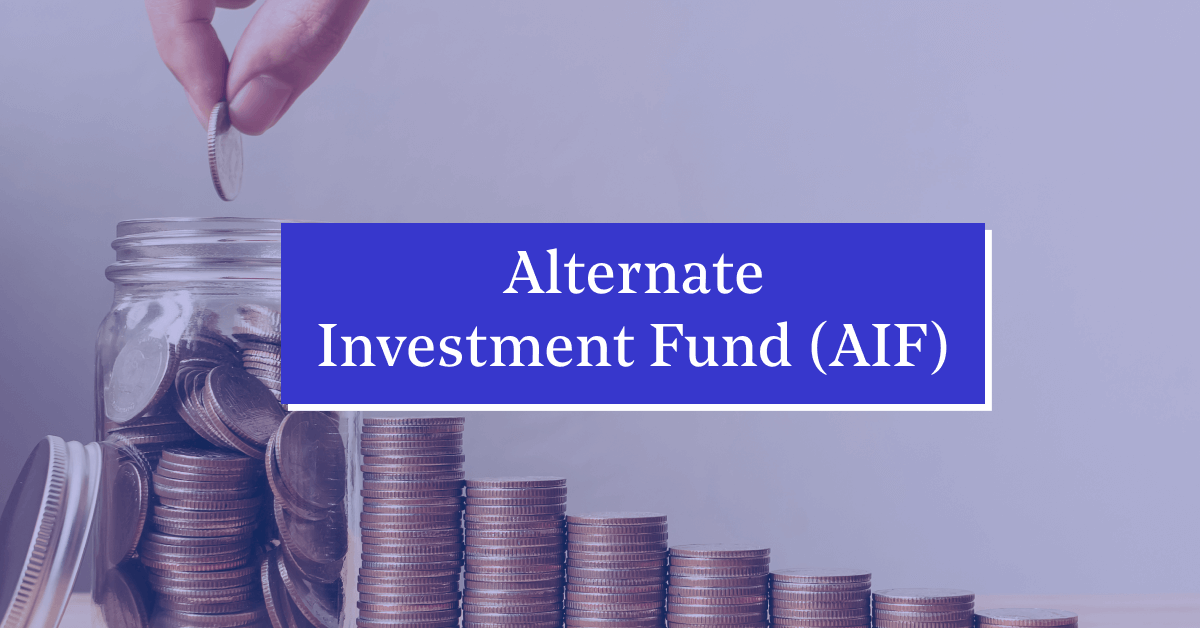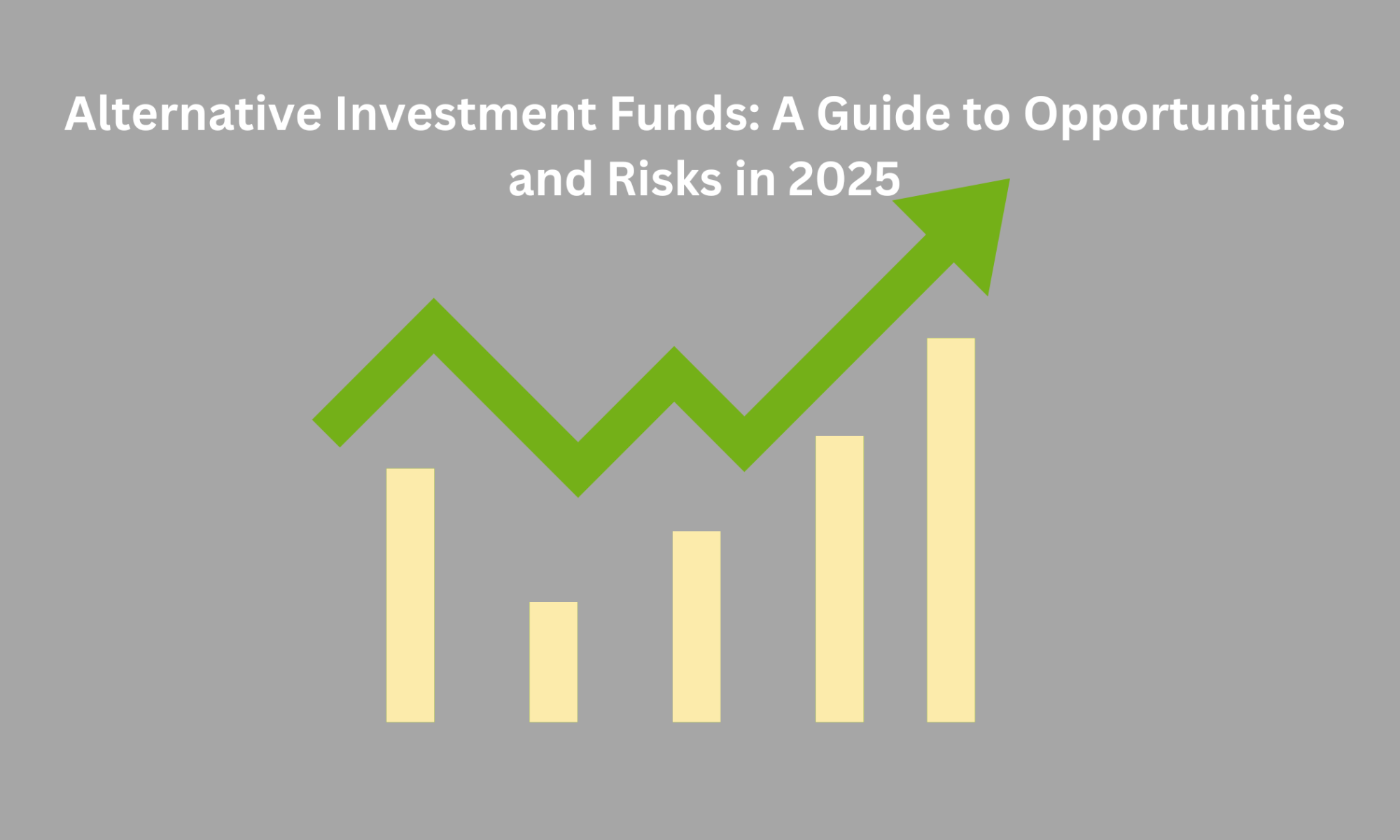The global financial landscape is undergoing a transformative shift, with investors increasingly aligning their portfolios with environmental, social, and governance (ESG) principles. In India, Alternative Investment Funds (AIFs) are playing a crucial role in this transition, bridging the gap between profit and purpose. With evolving regulatory frameworks and streamlined processes for AIF Registration in India, fund managers are finding it easier than ever to incorporate ESG strategies into their investment theses.
The Rise of ESG in Alternative Investments
ESG investing has gained significant momentum worldwide, driven by heightened awareness of climate change, social inequalities, and corporate governance issues. Institutional investors, high-net-worth individuals, and family offices are prioritizing ESG-compliant investments, making it imperative for AIFs to integrate sustainable practices into their operations.
In response to this trend, regulatory authorities in India have facilitated Online AIF Registration in India, enabling a smoother, more transparent process for establishing funds that align with ESG principles. This shift ensures that alternative investment fund managers can efficiently launch and manage funds dedicated to sustainable growth.
Regulatory Support for ESG-Focused AIFs
The Securities and Exchange Board of India (SEBI) has introduced various guidelines to promote responsible investing through AIFs. The simplified process of AIF Registration Online in India has encouraged fund managers to explore impact-driven investment opportunities. By promoting ESG compliance, SEBI aims to attract both domestic and global investors seeking ethical investment vehicles.
Additionally, SEBI’s emphasis on transparency and disclosure requirements ensures that Alternative Investment Fund Registration in India aligns with international best practices. This regulatory support has led to a surge in ESG-themed AIFs, covering sectors such as renewable energy, social impact ventures, and corporate governance initiatives.
Advantages of ESG-Focused AIFs
- Attracting Responsible Investors – As ESG investments gain traction, AIFs with strong sustainability frameworks attract capital from institutional investors, pension funds, and sovereign wealth funds.
- Long-Term Value Creation – Companies with strong ESG credentials tend to demonstrate resilience, delivering sustainable long-term returns.
- Regulatory Compliance and Risk Mitigation – Integrating ESG factors helps mitigate financial, operational, and reputational risks, enhancing investor confidence.
- Positive Societal Impact – ESG-focused AIFs contribute to environmental conservation, social development, and ethical governance, aligning financial goals with global sustainability efforts.
The Future of AIFs in ESG Investing
With technological advancements streamlining Online Alternative Investment Fund Registration in India, the future of ESG-driven AIFs looks promising. The growing demand for sustainable investing, coupled with favorable regulations, positions India as a key player in the global ESG investment ecosystem.
For fund managers and investors looking to navigate this evolving landscape, engaging a professional AIF Registration Consultant can simplify the compliance process and ensure strategic alignment with ESG objectives. As we move further into 2025, the fusion of alternative investments and ESG principles will redefine the financial sector, fostering a more sustainable and inclusive economic future.
Conclusion
The convergence of AIFs and ESG investing in India marks a significant step toward a responsible and profitable investment landscape. With streamlined AIF Registration Online in India, regulatory backing, and growing investor interest, ESG-driven alternative investments are poised for exponential growth. By leveraging expert guidance and staying ahead of regulatory trends, fund managers can successfully merge profit with purpose, ensuring a more sustainable financial ecosystem in 2025 and beyond.










